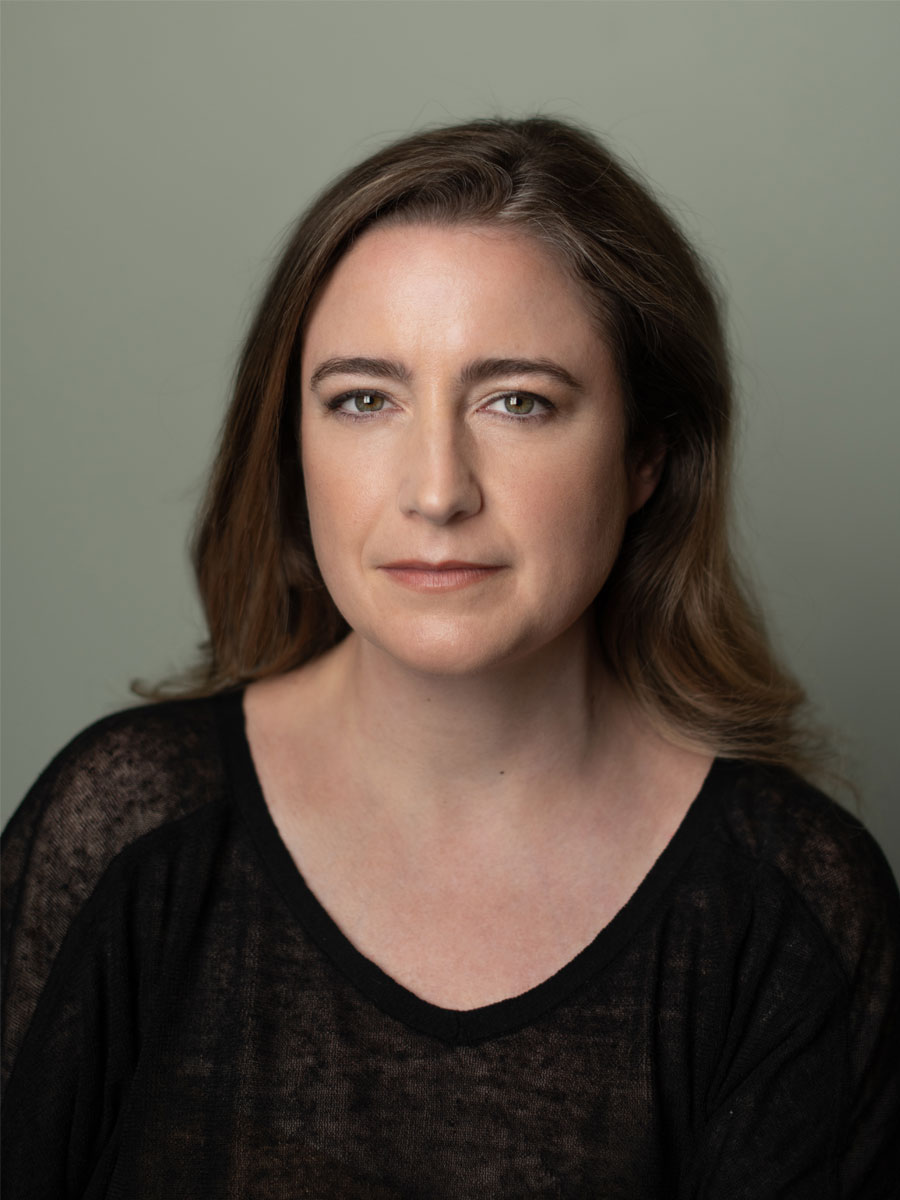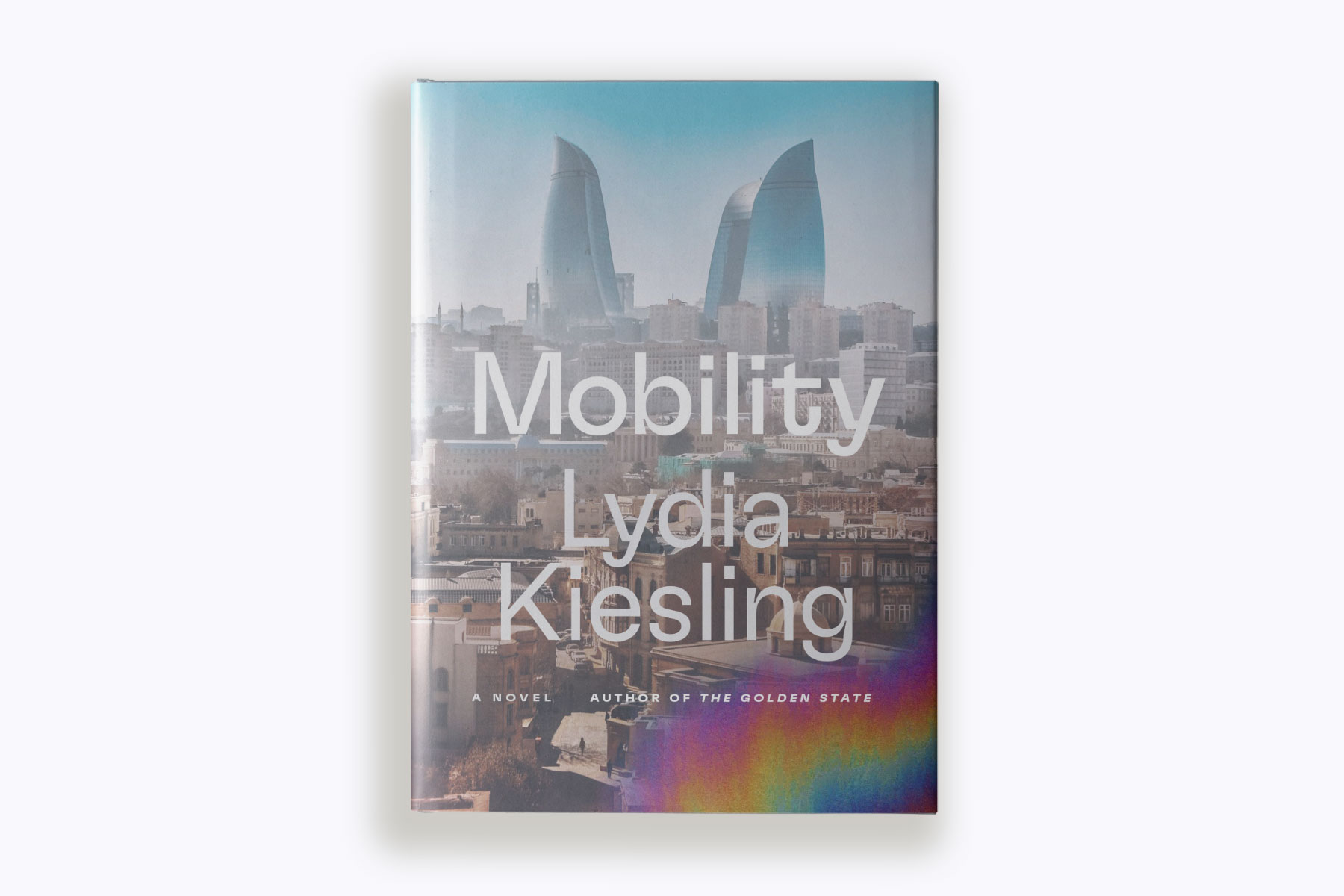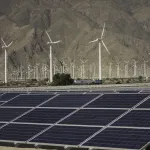Lydia Kiesling’s new novel, “Mobility,” begins in 1998, and Elizabeth “Bunny” Glenn is 15 years old and living in Azerbaijan, where her father is currently stationed as a public information officer with the State Department. Bunny is very concerned about how to make boys like her and the fact that her family seems increasingly concerned that she is uninterested in school, college and her future professional life. Meanwhile, all around her, she watches as other foreigners attempt to make sense of the mad grab for oil in the small former Soviet republic that is temporarily her home.
“Mobility” follows Bunny as she grows up, returning to the United States as she moves through prep school and college and then into post-recession young adulthood and eventually into an imagined near future while she continues to find herself almost unintentionally surrounded by the intentions and impact of the oil and gas industry as it rapidly tries to rebrand as “energy.” As Bunny works her way up the ranks, she finds new ways to sell the story of the energy industry, while the climate crisis worsens, touching her in personal and global ways. She wonders if her attempts to achieve some semblance of gender equity in the workplace make her at all accountable for the environmental disasters that become increasingly impossible to ignore.
Kiesling spoke to The 19th about why she wanted to write a book about climate change that was utterly bound up in the promises of millennial feminism, what opportunities upper middle class women are offered and what seizing these opportunities means about creating a world that causes more harm to more people.
This interview has been edited for clarity and length.
Jennifer Gerson: More than anything, this felt like a novel that is really about what it means to move through the world as a woman. How did you think about what it means for millennial women to have access to career growth and economic opportunity in this book?
Lydia Kiesling: I’m really interested in writing stories about women. And this particular story, I wanted to talk about a woman who shares a lot of things with me — she’s a White woman, she has a certain amount of privilege, she is afforded a lot of mobility, but in other ways she is still kind of constrained. Her choices are constrained or they feel like they are constrained to her. I do think there is a general kind of conspiracy to create a feeling of helplessness in White women of the upwardly mobile classes.
There was this idea [after World War II] that White people in America suddenly had this chance for upward mobility and a real chance of gaining and growing wealth. But part of that meant creating or recreating a mythology of, “Oh yeah — women don’t work. They stay at home. They do domestic things and help with the kids.”
All of these gender dynamics get recreated in the workplace. As a woman you are told, “You can do whatever you want! Women are amazing! They can have any job!” but somehow in the jobs I’ve had, it seems like the men always get the jobs where you get to be in charge and the support roles go to women. I think talking about that dynamic is so important.
This is a big geopolitical novel, but it’s also very much about women having been told that we’ve reached this point of gender equity, but it’s not what many women experience in reality. Why did poking at that against the background of geopolitics feel like a good way to call attention to that?
Right when I had my first child was also when I had finally reached my first really professional role. I was working full time at a university and making a great salary and I felt like I had finally become a thing professionally that had coherence to the rest of the world, which I think felt really important to me in kind of embarrassing ways. But then I had a kid and then I had this feeling of, “Oh, actually this is impossible.”
Of course it is not impossible, and people do it all the time and people do much harder things than anything I’ve ever done — but I was also really struck by the feeling of, “No this shouldn’t be this hard.” That’s when I felt like some of those sort of subtle ways that gender inequality is still entrenched in our society came to the fore because every person I knew who was the “flexible” parent who stepped back at work once they had kids was the mom in a hetero couple and it was because the mom always made less money.
When I started getting really interested in the oil and gas industry aspect of all of this, I read a book that was so influential to me called “Gaslighted,” by a sociologist named Christine Williams. She followed all these women geologists and engineers at one specific unnamed Big Oil company for years just to see the ways they moved in the industry. What she found was that it was always the women who were the first to get laid off. And they were almost always laid off if they had kids. Whenever there is a change in oil prices, it’s the moms — literally — who are let go.
What’s interesting about oil and gas is that women are also the most likely to be harmed by climate change — they’re the ones really at the frontline in vulnerable communities. And so often, this is really women of color. Williams makes a really important point in her book that I really wanted to have come through in my book that yes, there is a struggle for women in this industry but also this industry is an instrument for harm.

In the novel, Bunny sees this huge career opportunity for herself in being on the messaging side of the oil and gas industry — even helping it rebrand as “energy” and thinking about how to sell the story of oil and gas in a way that makes it more palatable to others, including those most vulnerable. When we think about the climate crisis, how do we need to think about the stories women are being asked to sell to protect this industry in order to try to move through the world in a way that best protects themselves individually?
One of the images that comes up in the book a lot is women in clean, brightly lit hospitals giving birth to babies. To me, that is the most cynical encapsulation of how oil and gas stories work and become so compelling, and I really felt that writing this book because in some respects, that’s true. We all do need energy, and it is true that having access to plentiful, affordable power is a major barometer of a standard of living in today’s world, and there are many people who do not have access to that. Those things are all true — but then when you learn about the oil and gas industry, you also realize that it is such convenient, preexisting, low-hanging fruit. Selling that story makes their job so easy.
It felt important to me that Bunny be in that sort of storytelling mode because I think it is considered one of those soft skills that is both incredibly important to everything but also really discounted when set against the hard sciences. The fact that the oil and gas messaging has changed at all lately is because they are aware that they need to tell stories and tell different kinds of stories about their roles, especially every year that goes by that becomes more and more urgent in the face of the climate crisis. Bunny is a character who is sort of like a chameleon, so wherever she goes she fits in and finds a way to fit in with the hierarchy she sees in front of her, for better or for worse. She had to tell her own story about her importance at the company to pull herself up that ladder. And ultimately, that’s also what she’s doing for the industry.
The ending of this novel asks a lot of questions about the idea of personal responsibility when it comes to the climate crisis and what it means to hold the label of a responsible member of society when it comes to the actions and choices of individuals and corporations both. In the midst of an unrelenting news cycle of headlines about climate disasters, what does personal responsibility look like to you?
On an individual level, I think that we need to start to think about all of the things as being connected and seeing yourself as part of a community that is connected to a lot of other communities. Sometimes the most significant action you can take might not be directly something that feels like an environmental action, but is something like figuring out how to connect with a group in your area that is taking on houselessness, or figuring out how to support a durable public education system. These are obviously very complex topics and look a lot of different ways wherever you live, but we have to stop thinking about ourselves as individual actors who are making whatever choice feels right for us. Instead, we need to start saying, “No, our decisions need to be made in concert and in community.”
I know that sounds really Pollyanna-ish, but thinking about things as systems and through a community lens can connect to climate change because if you are creating movements and thinking about yourself as part of a group, then it makes it possible to do stuff like vote to make your local utility provider publicly owned. I think there are a lot of individual acts that can be really significant in your community that will ultimately feed into a better future for the climate and the environment.







